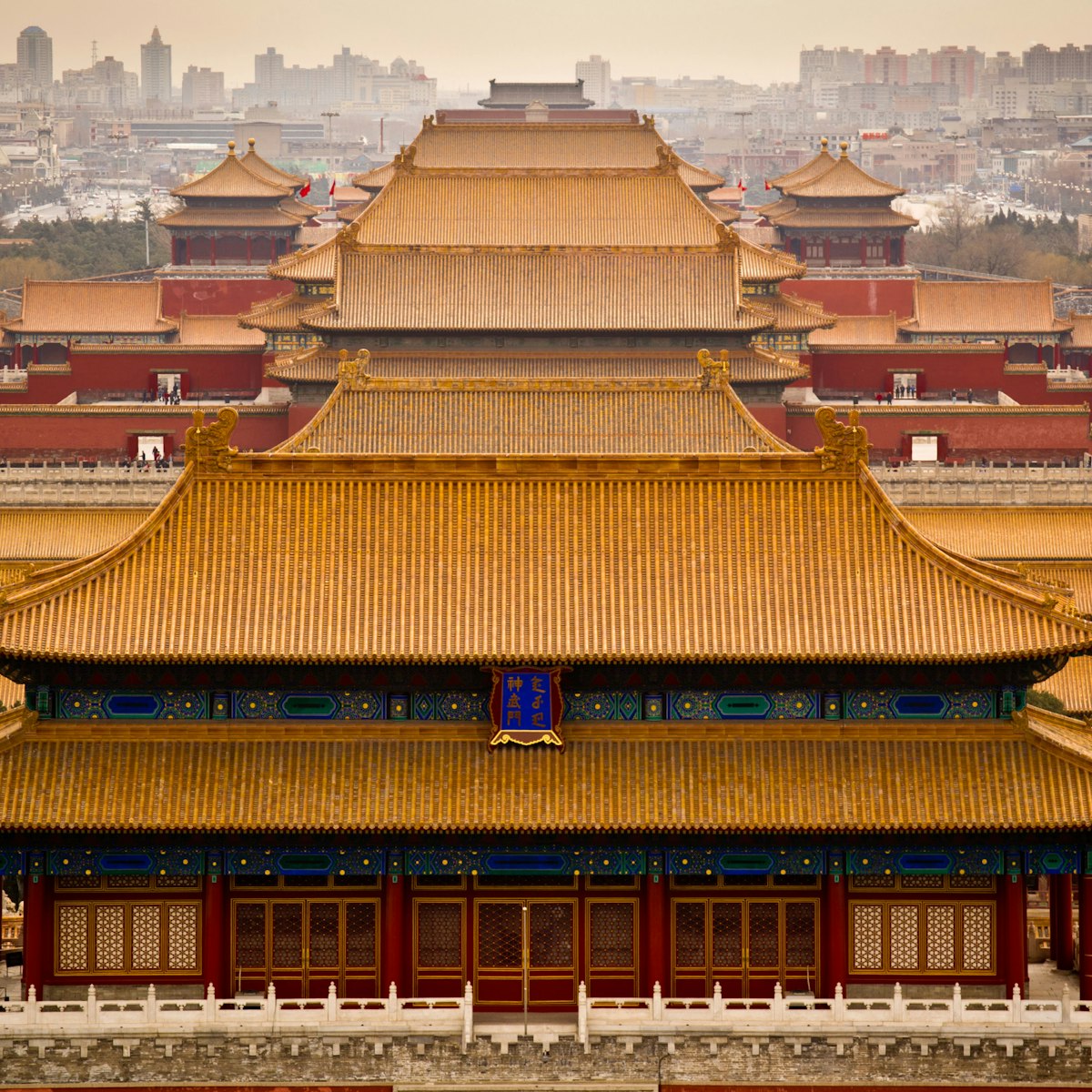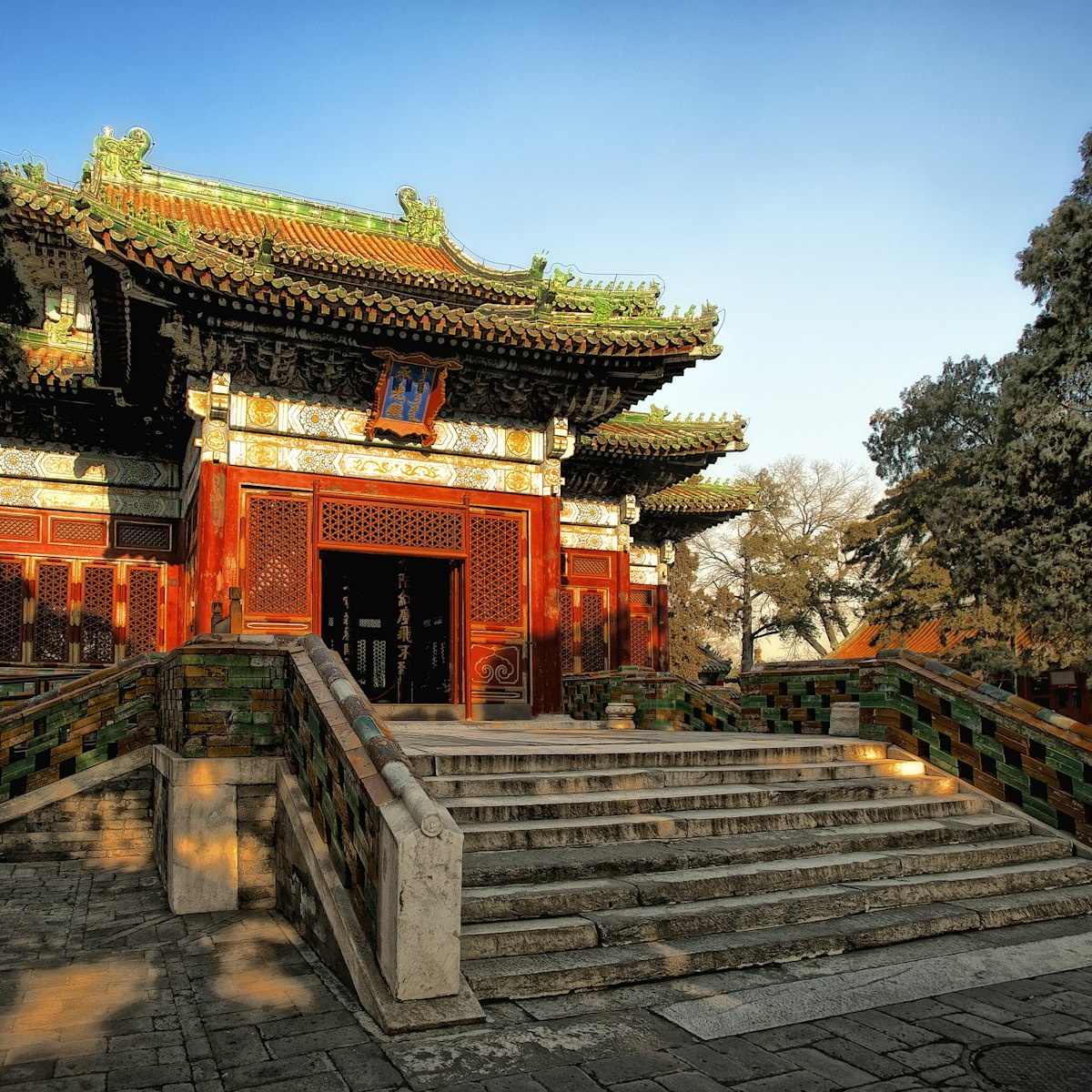Opened in 1963 with the personal endorsement of Mao Zedong, this gallery complex was conceived as the PRC's national nerve centre for artistic expression. In recent years the museum has shaken off its reputation for stodgy, state-supervised exhibitions by inviting galleries from abroad to exhibit, while at the same time revamping its own output, often in collaboration with Beijing's prestigious Central Academy of Fine Arts.
There are usually at least four exhibitions being staged at once. Check the website (in Chinese) to see what's on. You'll need your passport to enter.







